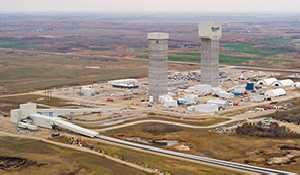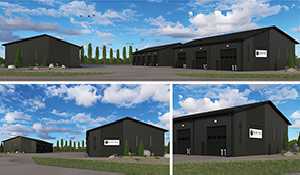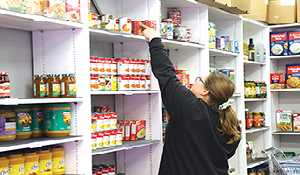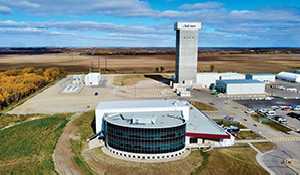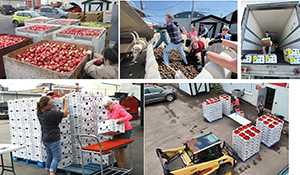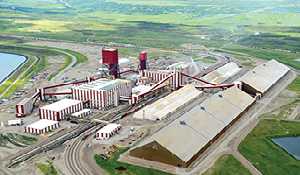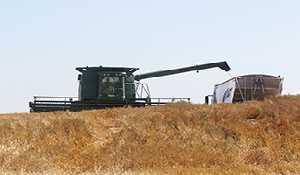Attack on Saudi oil facility shows just how important Canadaís oil resource is
September 30, 2019, 1:43 pm

Attacks last week on a Saudi oil production facility responsible for about five per cent of world oil supply brought home once again just how vitally important Canadaís oil resource is.
Canadian oil is ethically sourced and itís extracted with methods much more environmentally sustainable than those in many other countries.
Workers in the Canadian resource extraction industries are treated fairly, compensated fairly, and are protected by an emphasis on safety unknown in some other oil-producing countries.
Canadian oil is produced in a politically stable country. The Venezuelan oil industry was undone as society collapsed around it. Turbulence in the middle east could put supplies of oil from that part of the world at risk at any time.
Canadian oil is produced in a safe part of the world. A drone attack from either Houthi rebels or the Iranian military or a combination of the two or some other force took out a massive piece of Saudi Arabian oil infrastructure last week. Violence could flare in the region and put more oil supplies at risk.
Canadian oil production facilities are obviously insulated from the danger of violence that took out the Saudi Arabian facility.
So we in Canada have an oil industry that is ethical, safe, provides workers with protections, provides more environmental protections than similar industries in many countries, and is safe from political instability and the intermittent regional violence that plagues the middle east.
Looking at those facts from the outside, you would think that Canada would be investing in ways to ensure that its natural resources power the world, and you would think our neighbors to the south, European countries, and Asian countries, would be doing everything they could to support Canada in extracting and exporting its resources, because of the advantages over other suppliers.
You would think that Canadaís federal government would want to have the basic infrastructure in place to export our oil and gas so that we can supply the world with our plentiful resources.
In the interest of lowering carbon emissions, you would think that the Canadian government would be doing everything it could to ensure that natural gas pipelines are in place to get gas to export position, and LNG export facilities are in place to export our low-emission natural gas to replace coal-fired plants in Asia with much higher emissions.
But alas thatís not the way the world is.
We donít have the instability or the violence that plagues oil producers in the Middle East, but we have hamstrung ourselves and made it impossible to export our valuable natural energy resources, and the lack of export options means we are not extracting the resources the way we should. Despite what some environmental activists may believe, that doesnít mean there is less oil and natural gas produced in the world, it means it is produced less safely, in a less environmentally conscious way, in countries where workers and communities have few rights.
We donít even have the infrastructure to help supply the world through the temporary disruption to Saudi oil supplies.
Global oil prices immediately surged 14 per cent, or US$7.71 per barrel, to US$62.56 as markets reacted to rocket strikes on Saudi Arabiaís 5.7-million-barrels-per-day Abqaiq oil facility.
Analysts believe Abqaiq is likely to be offline for months. Saudi Arabia is expected to draw oil from storage and the U.S. is preparing to dip into its Strategic Petroleum Reserve.
Canadian companies will see higher returns through a spike in oil prices but wonít be able to pump more oil to capture more of the upside because export pipelines are full.
ďThe Canadian energy industry remains hamstrung with other types of geopolitical risk,Ē RBC Capital Markets managing director of global energy strategy, Michael Tran told the Financial Post last week, referring to the oil curtailment order in Alberta, delays on major export pipelines to the West Coast and U.S. Gulf Coast and restrictive regulations on new energy infrastructure.
Canada has an opportunity to help itself and help the world by building the pipelines that will help this country be a safe, secure supplier of oil. It will take a new attitude and a new government, but it can be done.










